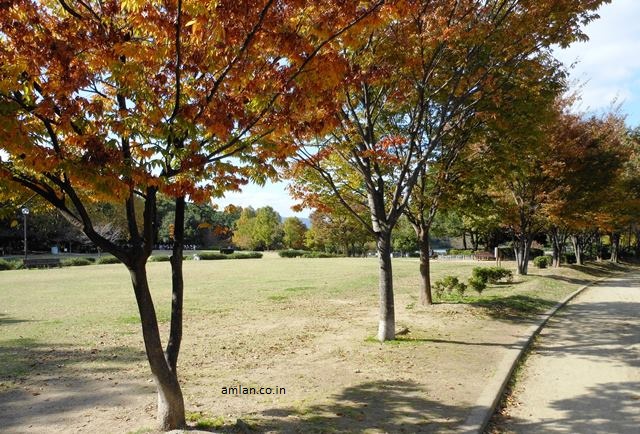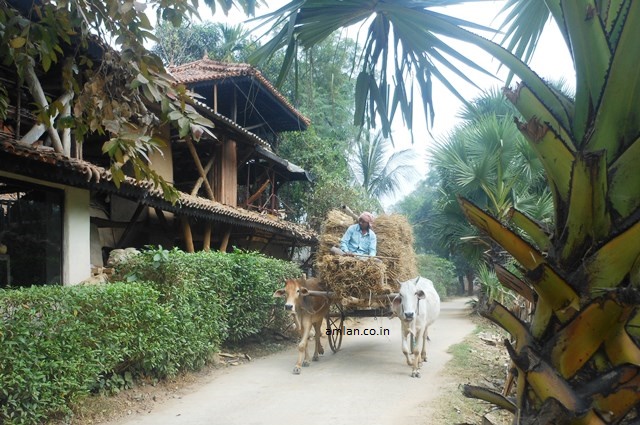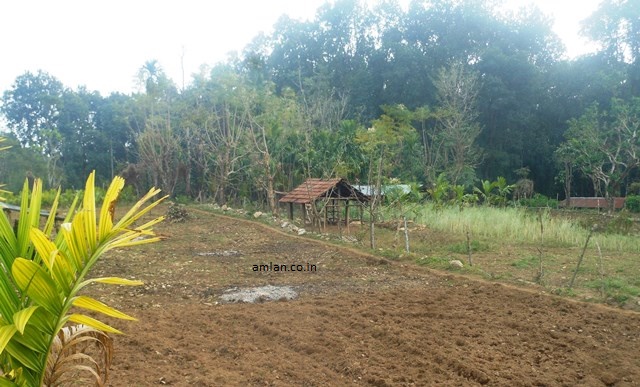A guide to researchers
Every university has its own curricula and guidelines (as per statute, ordnances and regulations) for students / researchers at doctoral level. I have also followed one, which helped me a lot to formulate research proposal scientifically. As I receive multiple enquiries from my students as well as from visitors of my website in regard to writing a research proposal and similar other issues, I decide to present some guidelines as follows. I will also continue to write about other relevant issues in near future.
- A researcher should formulate detailed research proposal covering the statement of the problem, the hypotheses to be tested (if any), the definition of the key concepts, the research design including the universe of study, the sampling frame, type of sampling procedure, and tools to be used in data collection.Following are some guidelines, which may be followed while formulating a research proposal.
[(I-VI) Compulsory for all.]
I. The title of the work.II. Statement of the problem: In the opening paragraphs of the research proposal, the problem to be investigated should be presented clearly and briefly. The key originating question (s), and the location of the problem in the theoretical context of the concerned discipline should be specified. Specific mention should be made in regard to specific aims of the project. While indicating the significance of the problem, contribution which the proposed study is expected to make to theory and methodology as well as its practical importance may be specifically indicated.III. A brief overview of literature: Work already done in the area should be critically examined. A note summarising the current status of research in the area including major findings and highlighting research gaps, should be included in the proposal.IV. Research questions or hypotheses:
(a) Enumerate the specific research questions / or hypotheses that the researcher wishes to investigate in the study.
(b) The conceptual framework.
V. Chapterisation.
VI. Selected bibliography.
[(VII-IX) Optional, depending of the nature of the research work.]
VII. In the light of the questions raised or the hypotheses proposed to be tested, full information of the following points should be given:
- Universe of study.
- Sampling frame.
- Sampling procedure.
- Units of observation and sampling size.
- Tools and techniques of data collection.
If the study requires any control groups, they should be specifically mentioned. Proposals not requiring a sample selection should specify their strategy appropriately and describe the rationale.
VIII. Data collection :
a) Different types of data that are proposed to be gathered should be specifically mentioned. Limitations, if any, may also be indicated.
b) For questionnaire or schedule to be used, whenever applicable, the following should be indicated:
(i) Distribution of questionnaire or schedule in different sections, e.g. identification data, socio-economic- data, questions on various sub-themes, etc.
(ii) Any projective tests incorporated in the questionnaire/schedule.
(c) For the use of observation techniques (if any), describe:
(i) The type of observation: Participant; Quasi-participant, non-participant.
(ii) Units of observation.
(iii) Whether this will be the only technique or whether other techniques will also be employed.
IX. Data processing: The manner in which the different types of data will be processed, the tabulation plan, and the type of data that will be processed through the use of the software/computer should be explained in detail.
X. Time Budgeting: The time required for the completion of different stages of work should be specified.

A village in Shin Itami
I have received one document (file name: Schematic Proposal-Synopsis Outline JS) from one of my colleagues few years ago by email. This wonderful document is believed to be prepared by my Doctoral Supervisor JS [(Professor) Jeta Sankrityayana]. Considering the interest of the researchers, I am sharing this document with all concerned through my personal website https://amlan.co.in. I did not make any change either in the file name or in the content.
Schematic Proposal-Synopsis Outline JS-Download Link

A village near Santiniketan -
Please read my e-Book based on my Doctoral Research
13 October 2014 & 12 January 2015
Economics of health care utilisation: a study of self-reported morbidity and health seeking patterns in the districts of Cooch Behar and Jalpaiguri, West Bengal, India (ISBN: 978-93-5196-174-1)
About the e-book:
We have witnessed radical changes in infrastructure of health services and pattern of utilisation of care over the years in all parts of the country. An enquiry into the fact would unveil some of the important alterations like introduction of user fees or more specifically hike in fees structure in the public health facilities, emergence of numerous private sources of care and growing preference for alternative systems of medicine among rural and urban mass. Important research questions at this point are that whether demand for public health facilities has decreased or whether pattern of morbidity has changed or whether people’s perception on illness has altered leading to a change in the appeal towards a particular type of care or system of medicine. The present study investigates such research questions empirically in the rural and urban areas of Cooch Behar and Jalpaiguri districts, West Bengal, India.
Avaiability: The e-book is available here.
-
Please read my e-Book based on UGC Minor Research Project
09 Oct 2014 & 12 January 2015
Title: Capability and Well-Being in the Forest Villages and Tea Gardens in Dooars Region of North Bengal (ISBN: 978-93-5196-052-2).
About the e-book: This e-book is based on a Minor Research Project sponsored by the University Grants Commission (UGC), India. It investigates quality of life related issues especially about how the forest villagers and tea-plantation workers of Dooars region are provided with the basic capabilities to participate in and to contribute to society. Empirically, it studies, first, living conditions of the inhabitants; second, the burden of disease, disability and injuries in the region; and third, health seeking behaviour according to type of care and system of medicine. It uses primary data mainly collected through interviews and visits during 2012-2013 covering 400 households in the region. It applies simple algebraic and statistical tools including those in public health, and multivariate logistic regression analyses.
Avaiability: The e-book is available here.
-
Sample copy of a questionnaire used by me during the early phases of my research
I am adding a sample copy of questionnaire, which I used during 2003-2006 in my empirical research on Economics of Health Care Utilisation. This is just an example. One can have an idea of formulating a questionnaire or schedule from it according to scope and objectives of her or his study. The copy of questionnaire is available here.

Farmland at Raimatang
RESEARCH GUIDANCE
I have supervised one Doctoral Scholar of the Department of Economics, University of North Bengal with one senior faculty member as Co-Supervisor from 15 January 2013. Details of my supervision appear below.
- Date of submission: 03 November 2017.
- Place of work: Department of Economics, University of North Bengal.
- Name of the Scholar: Shri Subrata Ghosh, Assistant Professor of Economics, Raiganj Surendranath Mahavidyalaya, Raiganj, Uttardinajpur, West Bengal.
- Title of the thesis: Burden of Disease and its Impact on Healthcare Utilisation & on Out-of-Pocket Expenditure on Health by Households in Siliguri Municipal Corporation Area (SMCA), West Bengal.
- Name and affiliation of the Co-Supervisor: Dr. Sanchari Roy Mukherjee, Professor of Economics & Dean, Faculty Council for P. G. Studies in Arts, Commerce and Law, University of North Bengal.
- Name and affiliation of the Supervisor: Dr. Amlan Majumder, Assistant Professor of Economics, Dinhata College, Dinhata, West Bengal.
Another Scholar / Independent Researcher (Mrs. Amrita Banerjee) started her work under me with the topic: “Morbidity among women in reproductive age and utilisation of healthcare in the district of Jalpaiguri, West Bengal”. She is preparing her Synopsis at present (April 2018) for pre-registration seminar. My role, for this research, will be that of a Co-supervisor.

Karbi Anglong (Assam) in winter (Photography by Avijit Das)
For more information please write me to: amlan@amlan.co.in or amlan@nbu.ac.in.
Also, You may reach me on this number: +91-9832469667.